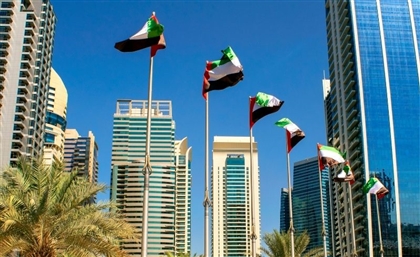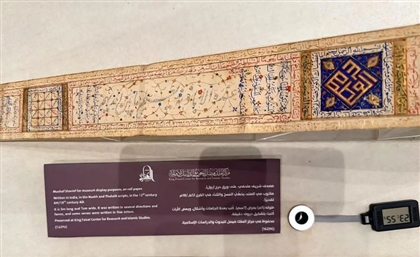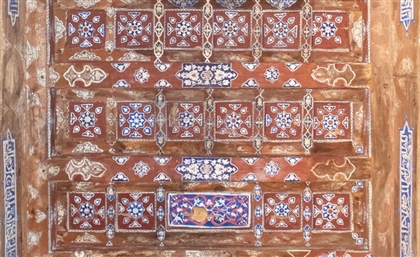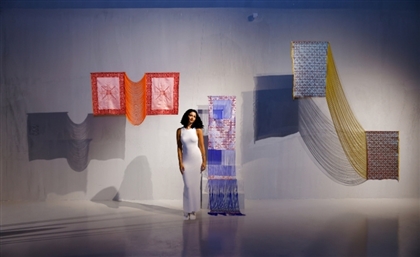54 Years On: Remembering the Bahr Al-Baqar Primary School Massacre
Israel has been bombing schools in Palestine and Egypt long before the ongoing genocide.
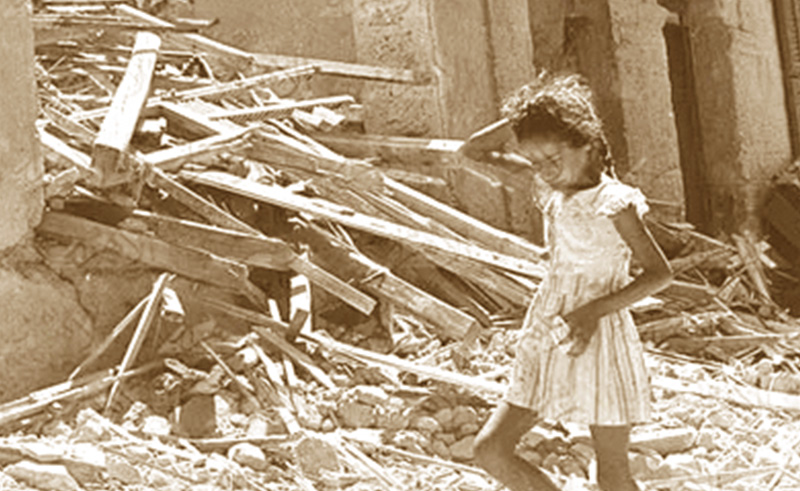
دب برجلك طلع نار .. بينا وبينهم دم وتار
[Stomp your foot, gather your arms...there's blood and vengeance between us]
“Why do you care about Palestine?” This question often confronts Egyptians in the face of those dwelling in the privileged realms of the Global North. For Israel's transgressions extend beyond the borders of Palestine, which is why Egyptians are not merely in solidarity with the cause, but claim it as their own. The genocidal state has irrigated Egypt’s desert sands with the blood of our people, yielding a bitter harvest that remains today.
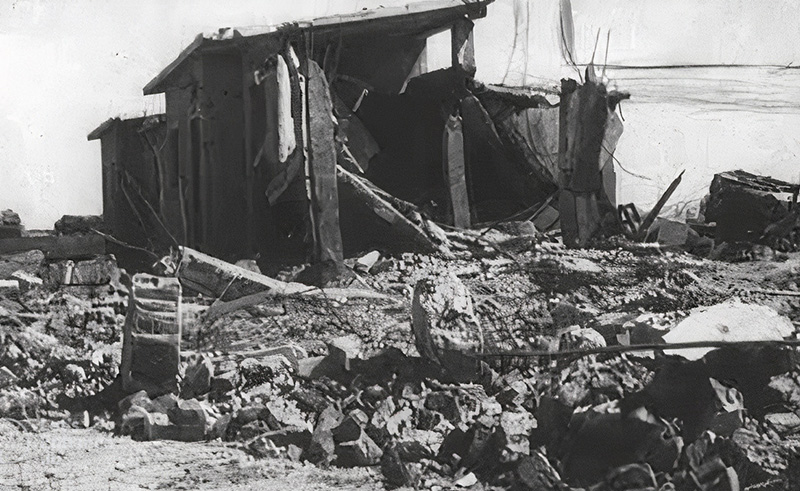 Our grandmothers and grandfathers bore witness to the Naksa, the relentless War of Attrition, the fervent student movement of 1972-3, and the resounding October War. Some took up arms, joining the ranks of the military to combat this occupying power, while others formed armed resistance groups in Port Said and Suez, fiercely defending their homes. Consequently, thousands of Egyptian soldiers and civilians lost their lives. Thus, when Egyptians proclaim, “Falasteen qadiyyaty” [Palestine is my cause] and declare “Ihna as’hab al-qadiyya” [The cause is ours], we do so with unwavering conviction, for these words carry a profound and literal truth.
Our grandmothers and grandfathers bore witness to the Naksa, the relentless War of Attrition, the fervent student movement of 1972-3, and the resounding October War. Some took up arms, joining the ranks of the military to combat this occupying power, while others formed armed resistance groups in Port Said and Suez, fiercely defending their homes. Consequently, thousands of Egyptian soldiers and civilians lost their lives. Thus, when Egyptians proclaim, “Falasteen qadiyyaty” [Palestine is my cause] and declare “Ihna as’hab al-qadiyya” [The cause is ours], we do so with unwavering conviction, for these words carry a profound and literal truth.
The Bahr Al-Baqar Primary School massacre in Egypt is, perhaps, one of the most heinous crimes committed by Israel during the War of Attrition; which broke out in 1967 between Egypt and Israel on both banks of the Suez Canal following Israel's occupation of the Sinai Peninsula.
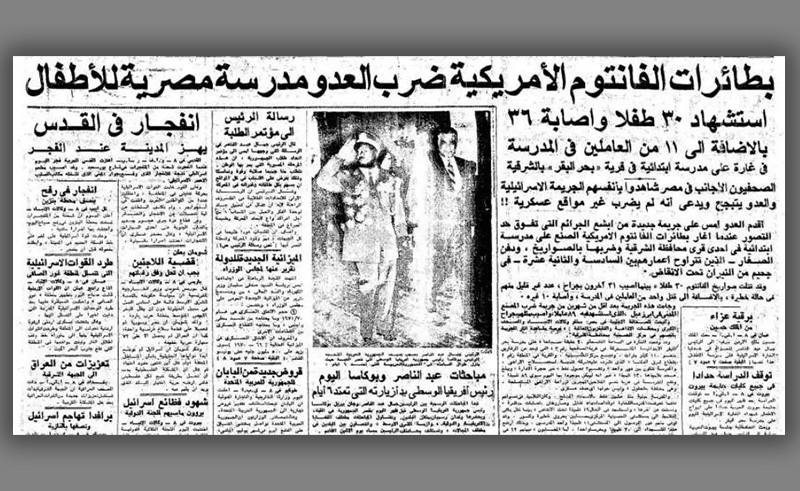 On this day, 54 years ago, a group of children aged 6 to 12 had arrived at their primary school, Bahr Al-Baqar (named after the village), in the Sharqia governorate’s Al-Husseiniya Centre. At 9:20 AM, on April 8th, 1970, the school - containing all of seven classrooms and 150 students - was attacked five of the Israeli Air Force's phantom planes, which dropped five 1,000-pound bombs and two missiles, tearing through the modest one-story building and leaving behind a pile of rubble, burnt bones, small rivers of blood…and 30 child martyrs. Not only was the school building reduced to rubble, but the neighbouring homes also suffered significant damage.
On this day, 54 years ago, a group of children aged 6 to 12 had arrived at their primary school, Bahr Al-Baqar (named after the village), in the Sharqia governorate’s Al-Husseiniya Centre. At 9:20 AM, on April 8th, 1970, the school - containing all of seven classrooms and 150 students - was attacked five of the Israeli Air Force's phantom planes, which dropped five 1,000-pound bombs and two missiles, tearing through the modest one-story building and leaving behind a pile of rubble, burnt bones, small rivers of blood…and 30 child martyrs. Not only was the school building reduced to rubble, but the neighbouring homes also suffered significant damage.
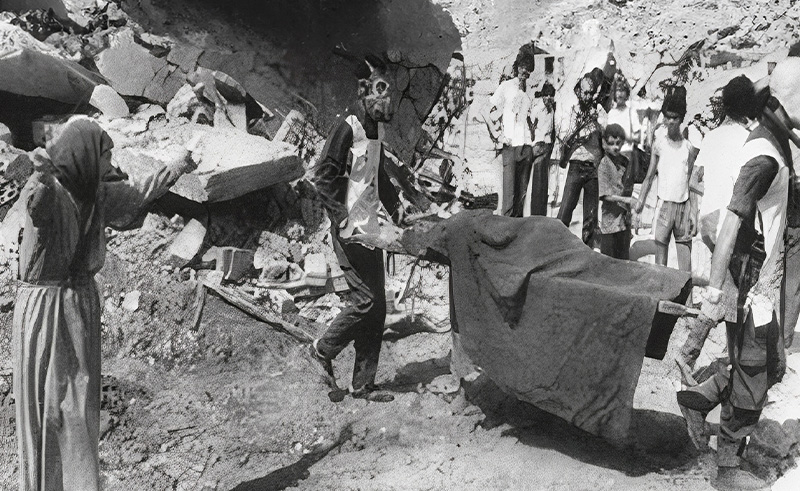 In addition to the child martyrs, almost 50 children were severely injured, many of whom had to have their limbs amputated to save their lives while 11 teachers and staff members sustained similar injuries. Compounding the tragedy, the village of ‘Bahr Al-Baqar’ lacked paved roads that could connect it to the city of Al-Husseiniyah, situated roughly 20 kilometres away. This hindered the arrival of ambulances, prompting the formation of rapid response teams within the community. Each person contributed according to their capabilities and resources, utilising agricultural tractors as makeshift transport vehicles. In these grim circumstances, injured children were placed alongside the lifeless bodies of the martyred, amidst the remnants of their shattered organs and severed limbs. "I placed my son’s torn body in the lap of my galabiya, then I gave it to his father to bury," the mother of a child martyr told Al-Ahram newspaper during its investigation into the massacre in the following days. The horror of the scene remains indelibly etched in the memory of the village’s children, at the time, and their children and grandchildren today.
In addition to the child martyrs, almost 50 children were severely injured, many of whom had to have their limbs amputated to save their lives while 11 teachers and staff members sustained similar injuries. Compounding the tragedy, the village of ‘Bahr Al-Baqar’ lacked paved roads that could connect it to the city of Al-Husseiniyah, situated roughly 20 kilometres away. This hindered the arrival of ambulances, prompting the formation of rapid response teams within the community. Each person contributed according to their capabilities and resources, utilising agricultural tractors as makeshift transport vehicles. In these grim circumstances, injured children were placed alongside the lifeless bodies of the martyred, amidst the remnants of their shattered organs and severed limbs. "I placed my son’s torn body in the lap of my galabiya, then I gave it to his father to bury," the mother of a child martyr told Al-Ahram newspaper during its investigation into the massacre in the following days. The horror of the scene remains indelibly etched in the memory of the village’s children, at the time, and their children and grandchildren today.
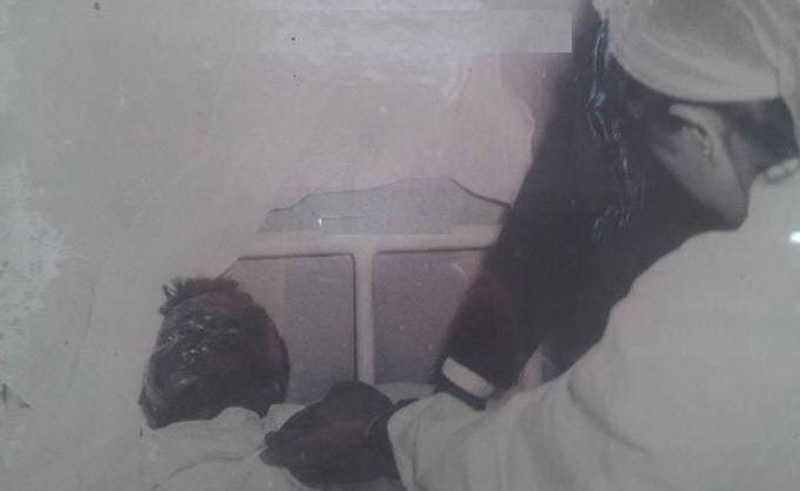 The attack triggered widespread anger and condemnation across the international community, but much of it, like today, was merely surface-level. The United States described the news of the attack, which resulted in the loss of lives of Bahr Al-Baqar School students, as deeply distressing. While expressing regret over the incident, Britain did not explicitly mention the need for Israel to comply with the decision to withdraw from the occupied Arab territories in June 1967.
The attack triggered widespread anger and condemnation across the international community, but much of it, like today, was merely surface-level. The United States described the news of the attack, which resulted in the loss of lives of Bahr Al-Baqar School students, as deeply distressing. While expressing regret over the incident, Britain did not explicitly mention the need for Israel to comply with the decision to withdraw from the occupied Arab territories in June 1967.
During that time, Egypt strongly condemned the horrifying incident, denouncing it as a barbaric act that flagrantly violated all humanitarian laws and accused Israel of intentionally carrying out the attack to exert pressure and force a ceasefire during the war of attrition. Similar to Israel's continuous claims that hospitals and schools in Gaza serve as military bases for Palestinian resistance movement Hamas, then-Israeli Defense Minister Moshe Dayan claimed that the Bahr Al-Baqar School was a military base used by President Gamal Abdel Nasser to store bombs and missiles for targeting Israel during the War of Attrition.
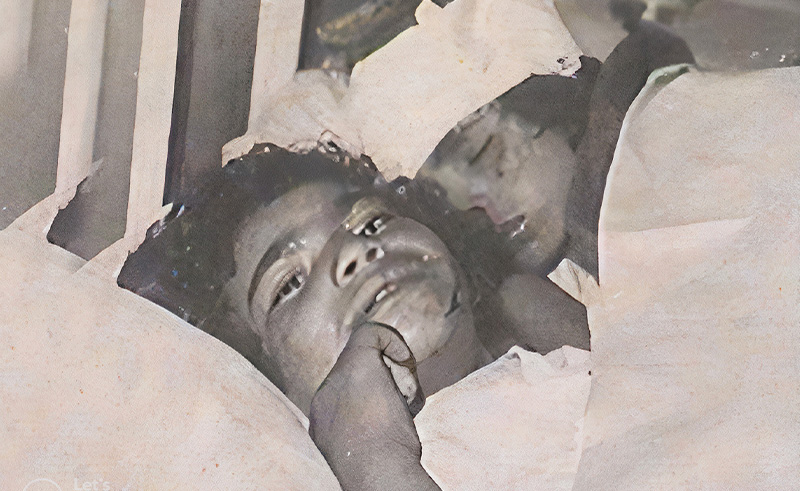 However, three years later, an Israeli pilot who participated in the Bahr Al-Baqar massacre was captured by Egyptian forces in the 1973 October War, revealed that it was a premeditated attack, as they knew it was merely a school.
However, three years later, an Israeli pilot who participated in the Bahr Al-Baqar massacre was captured by Egyptian forces in the 1973 October War, revealed that it was a premeditated attack, as they knew it was merely a school.
"Some of the children who survived that massacre accompanied me in my classes. They became my friends. They carried on their bodies a record that did not lie; the scars that the massacre left on their bodies were a record and conclusive evidence that Israeli brutality has no justification and no limits,” Mohamed Jahin, eye-witness and survivor of the Bahr Al-Baqar Massacre, wrote for Al Jazeera. “The real enemy of this nation is the one who occupied the land, confiscated property, killed and exterminated, and continues to erase the identity of neighbourhoods, towns and holy sites, and claims that he has a historical right to them."
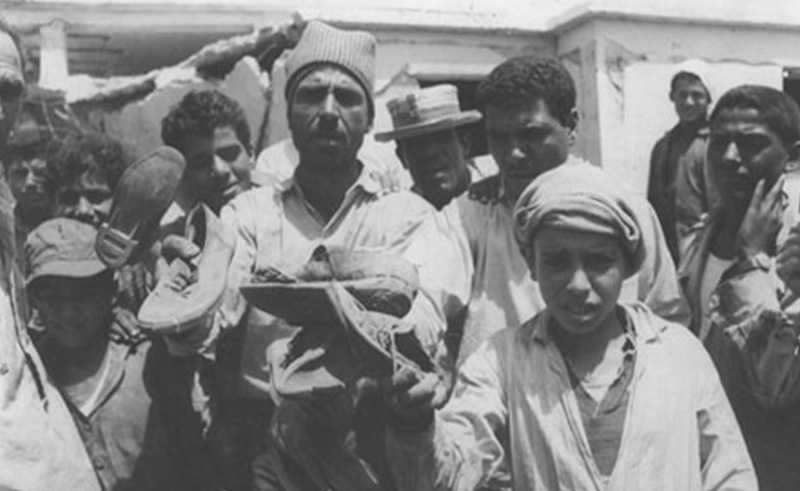 In response to the brutal massacre, Egyptian poet Salah Jahin wrote his now-famous poem, ‘Al-Dars Intaha, Lemmo Al-Kararees’ [The Lesson's Over, Gather Your Notebooks]. The poem was immediately picked up by composer Sayed Mekawy and was sung by Egyptian star, Shadia.
In response to the brutal massacre, Egyptian poet Salah Jahin wrote his now-famous poem, ‘Al-Dars Intaha, Lemmo Al-Kararees’ [The Lesson's Over, Gather Your Notebooks]. The poem was immediately picked up by composer Sayed Mekawy and was sung by Egyptian star, Shadia.
“The lesson is over, gather the notebooks,
with the blood that ran on their paper.
In the United Nations Palace,
there's a competition
for children's drawings.
What do you think of the red spots?
O conscience of the world,
This [blood] is of an Egyptian girl,
who was one of my favourite students.
Her blood paints a flower,
paints a revolutionary banner,
paints the face of a conspiracy,
paints a mighty creation,
paints fire,
paints shame
on Zionism and colonialism.
The world that is against them is patient
and silent on the actions of the devils.
The lesson is over, gather the notebooks.”
- Previous Article Italian-Palestinian Duo No Input Debuts Eponymous Electro EP
- Next Article Travel Across History on Egypt's Most Iconic Bridges
Trending This Week
-
Jan 18, 2026








